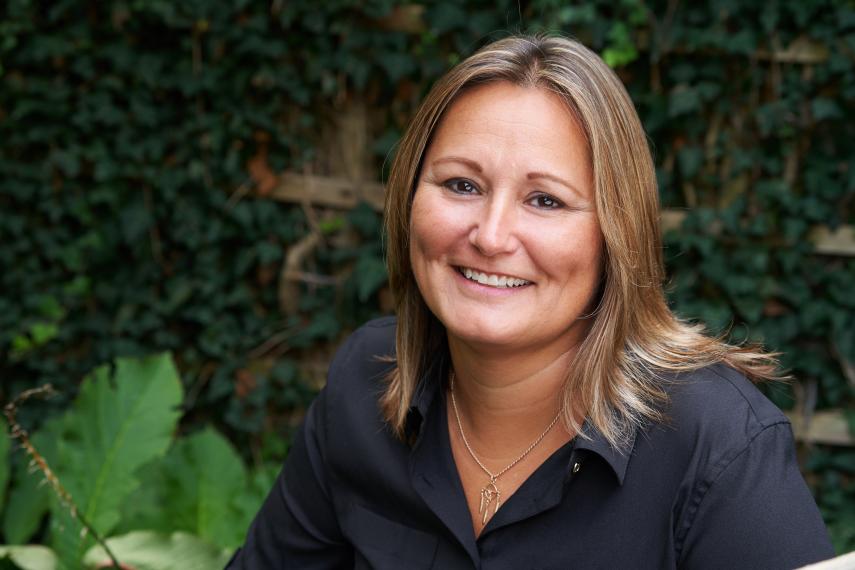Sheri Longboat

Find Related People by Keyword
Affiliation
Faculty Member - Geography and Environmental Studies, Wilfrid Laurier University
Associated Graduate Faculty Member and Adjunct Faculty, School of Environmental Design and Rural Development, University of Guelph
Bio Summary
Sheri Longboat is a Haudenosaunee Mohawk and band member of the Six Nations of the Grand River with twenty years of experience working with Indigenous communities in Canada. She grew up with a love of water and water-related activities, which eventually led to an interest in water security and governance. Her research is also inspired by the many Indigenous people she has worked with who have persevered and continue to maintain the customs, traditions, languages and practices of their heritage. She looks to utilize her relationships, experiences and personal passion to perform applied research that bridges First Nations communities, government and industry partners to address some of the most pressing challenges of Indigenous populations in Canada.
Academic History
- BES, University of Waterloo
- MA, Wilfrid Laurier University
- BEd, Brock University
- PhD, Wilfrid Laurier University